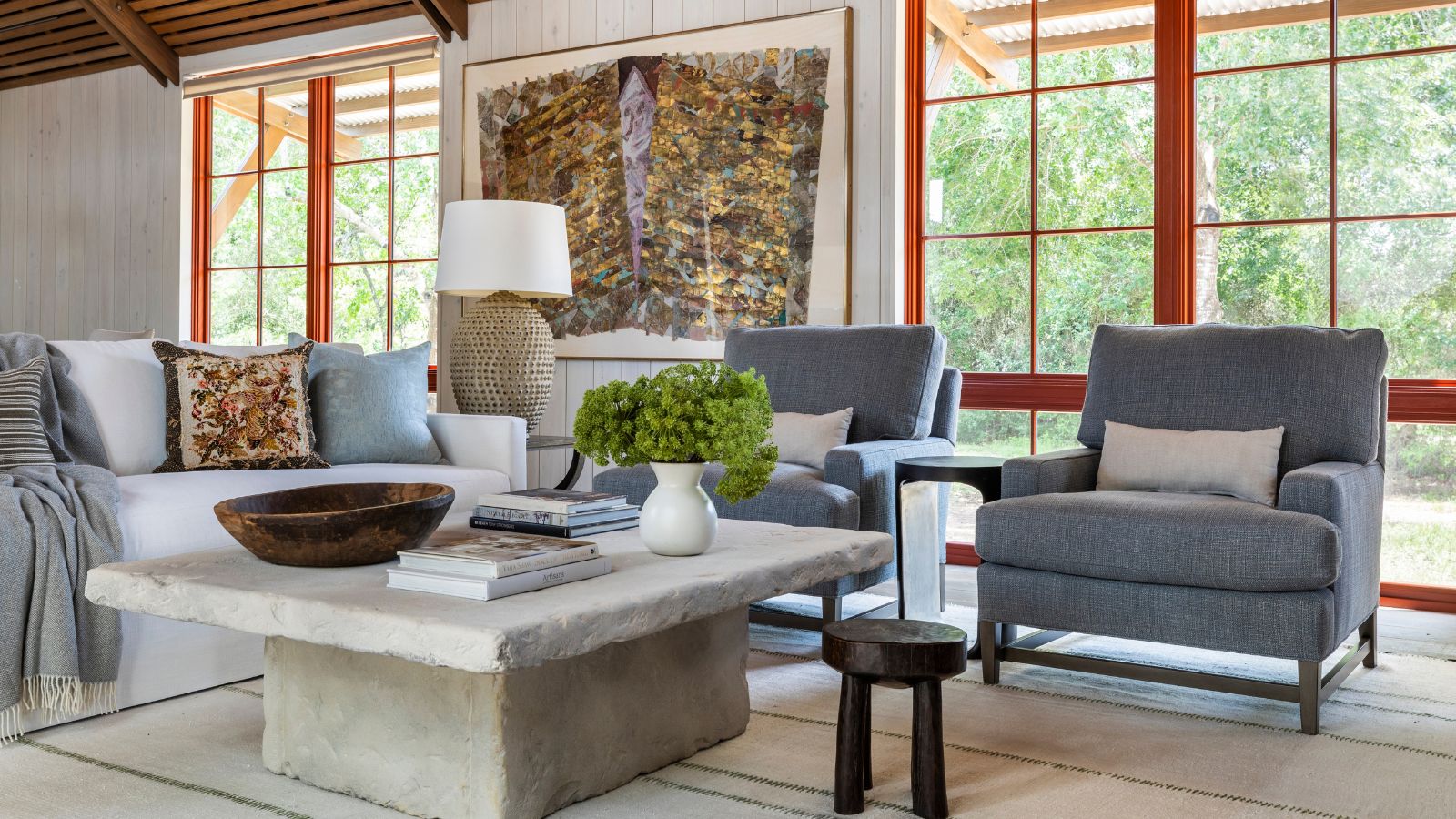
Heard the term but wondering what is holistic interior design, and how could it provide more than great interiors already do?
After all, interior design pays attention to both the form and function of spaces, and creates interiors that are usable, aesthetically pleasing, and that have a good atmosphere. So how might holism’s concern with wholes rather than parts add to these benefits?
To answer the question we spoke to designers who consider interiors holistically, and this is what they told us about using the theory to create healthier and happier rooms in your home.
What is holistic interior design? Principles and benefits
Holistic interior design doesn’t subtract any of the elements you’d expect when considering home decor, but it does have an intention you may not have considered. ‘It goes beyond aesthetic appeal, focusing on developing spaces that reflect the overall health and values of their inhabitants,’ explains interior designer Artem Kropovinsky.
The individuals who occupy a space are crucial in holistic interior design. ‘Holistic design embodies a user-centric approach, ensuring spaces cater to the total well-being of occupants,’ says Jakecia Durham, owner, founder, and principal designer at Desired Designs. ‘Whether commercial or residential, the focus is on creating environments where individuals can thrive emotionally, physically, mentally, and socially.’
Here, we examine why you might want to consider holistic interior design, and how you should approach it to ensure you are happier at home.
Benefits of holistic interior design
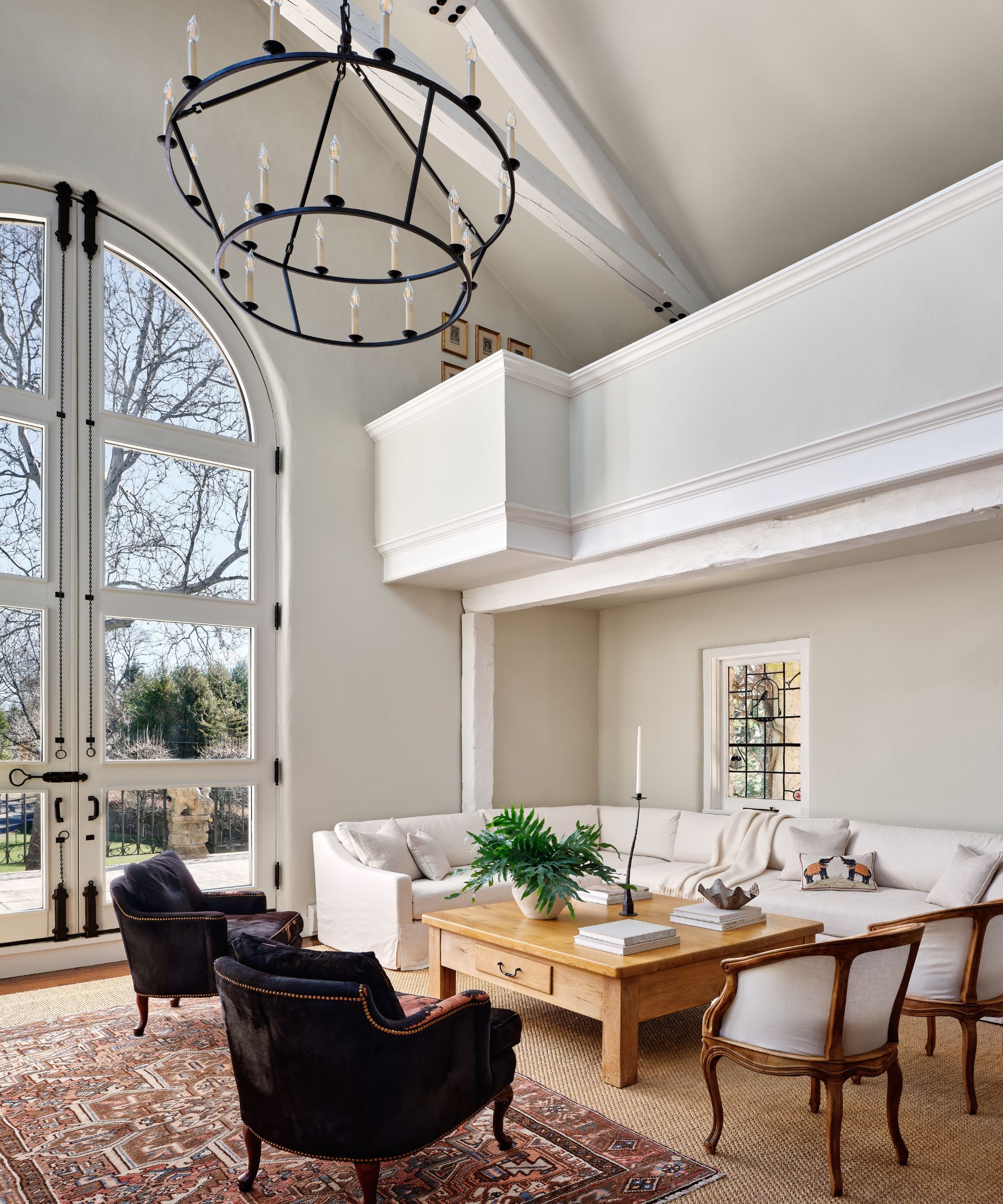
A holistic interior design promises benefits beyond those you might typically expect from interiors.
‘It can bring peace and balance to the end-user while in the space – a mental well-being,’ says Bynn Esmond, owner and principal designer of Bynn Esmond Designs. ‘It’s a psychological connection. On the physical level, if the end-user is suffering from health issues, the selection of materials and their placement is considered to promote better health.’
‘It improves wellness and emotions through serene and nourishing spaces,’ agrees Artem Kropovinsky.
Elements of holistic interior design
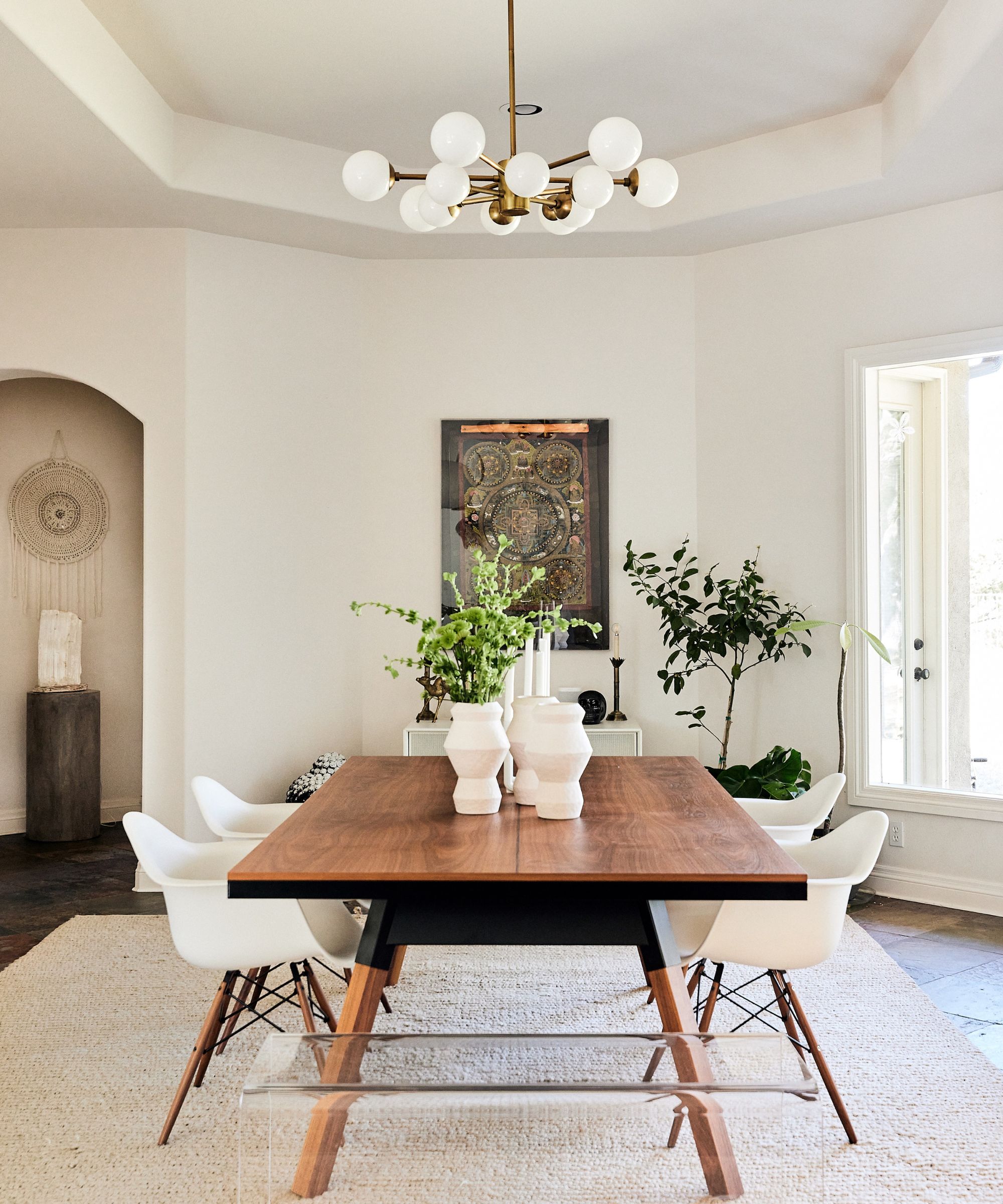
Holistic interior design doesn’t omit any of the considerations you would expect from interior design. ‘All the various elements of design – room colors, light, materials, layout, connection to nature, and others – can contribute to holistic interior design,’ explains interior designer Laura Stein.
‘What matters is how they are carried through the home. Many people think holistic design requires an open, airy layout with lots of light, but really it’s about how all the design elements work together and function as a whole.’
And both natural and social aspects are crucial, according to Jakecia Durham. ‘Incorporating elements from the natural world, such as biomimicry principles and patterns reminiscent of nature, enhances mental and physical well-being,’ she explains. ‘This extends to furniture and décor choices, promoting a sense of connection to the environment.
‘Visual and physical connections to the natural world, either through direct views or artistic representations, play a vital role in holistic design, contributing to overall well-being,’ she continues.
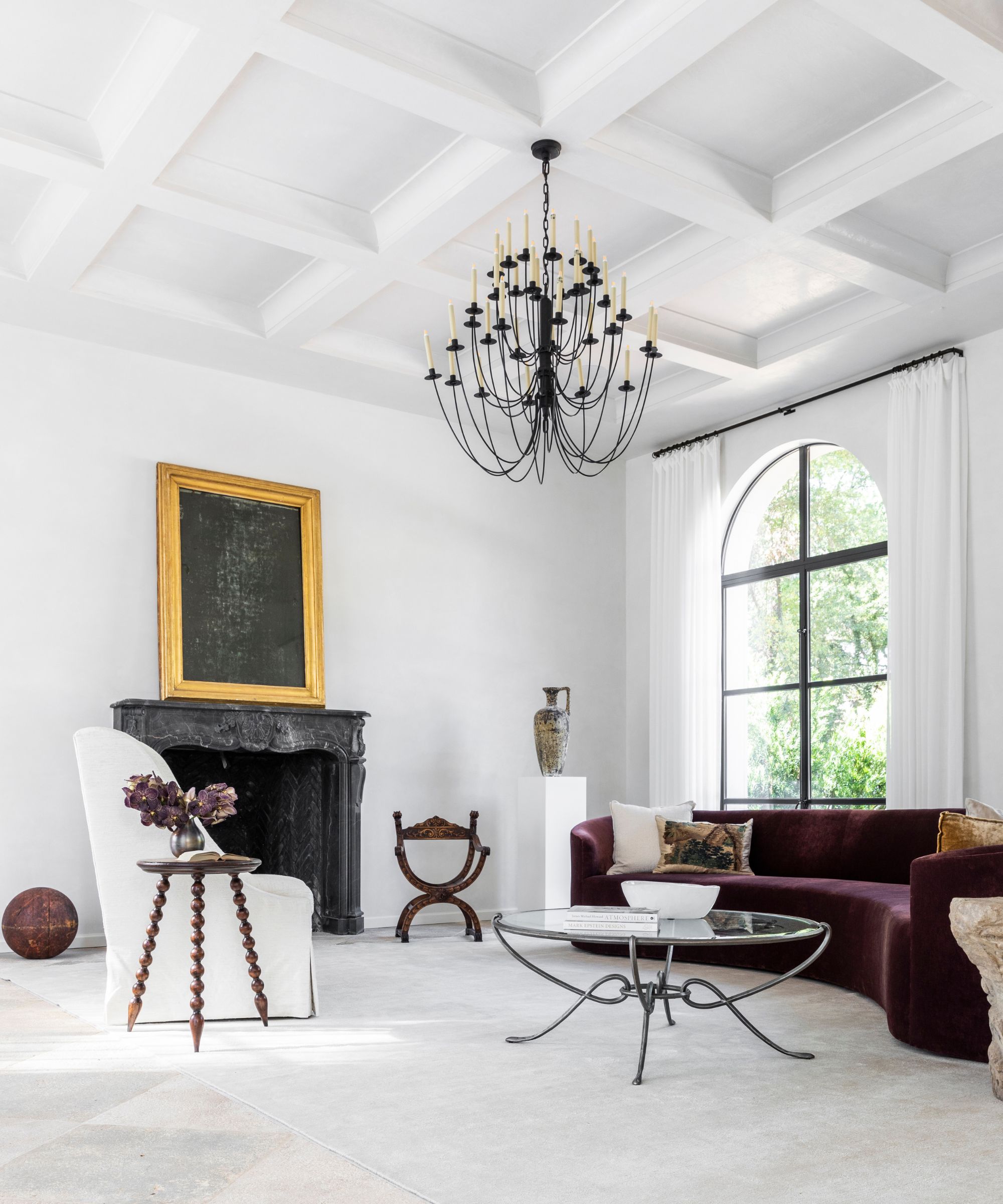
But the needs of those who use an interior are also vital. ‘Balancing spaces for social interaction and personal solace is key,’ Jakecia says. ‘Radial design layouts create inclusive gathering spaces, fostering social connections while allowing for individual retreats.’
Air quality also matters in holistic interior design. ‘Prioritizing materials that minimize off-gassing is crucial for holistic well-being,’ says Jakecia. ‘The composition of the home environment directly influences one’s overall health. Selecting furnishings and accessories that contribute positively to indoor air quality aligns with the holistic philosophy, creating spaces that promote a healthier lifestyle.’
Holistic design and feng shui
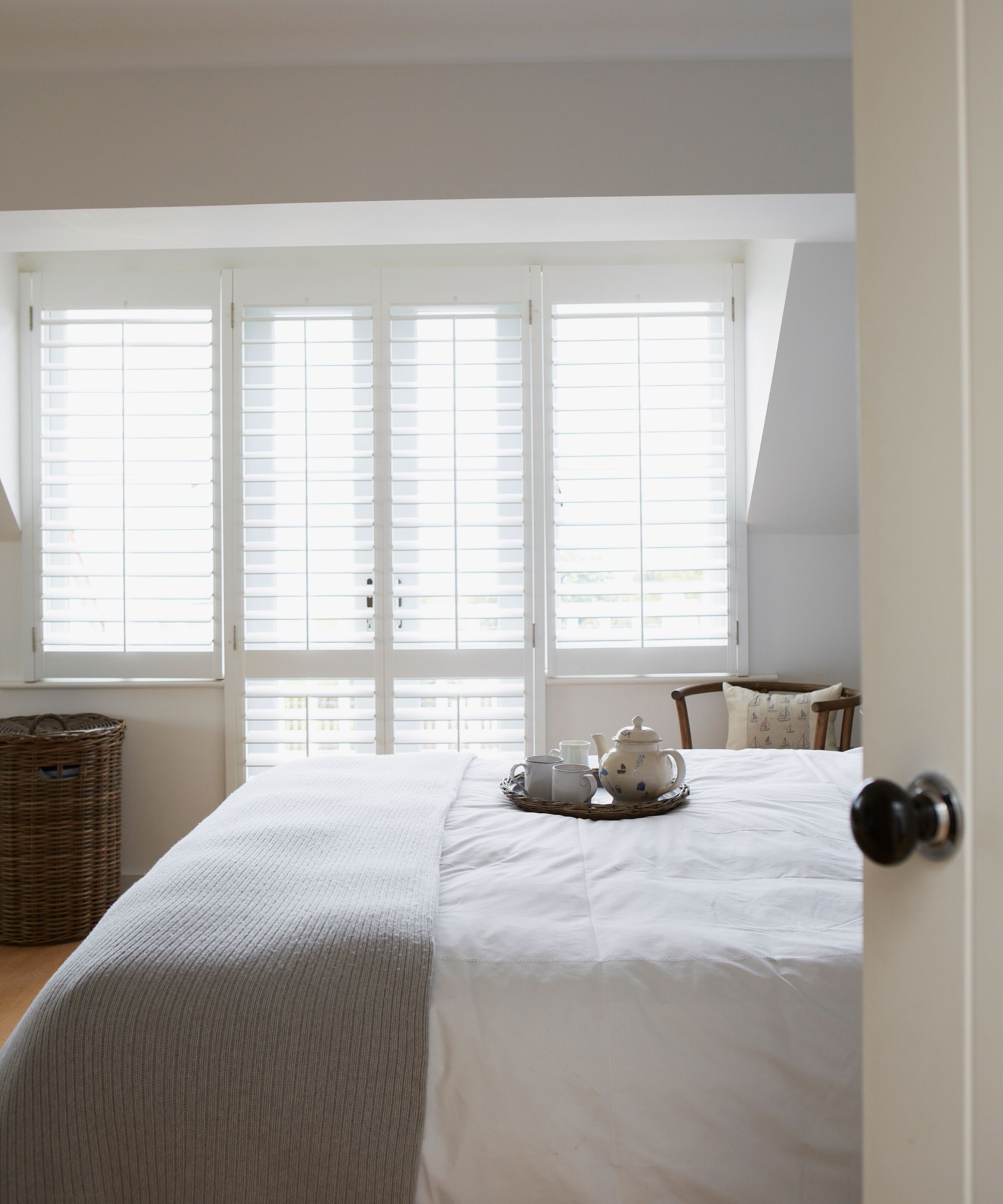
You might be wondering if holistic interiors have a connection with feng shui, since this ancient practice seeks to create harmony and balance.
‘Feng shui is about flow and energy, and holistic design is as well,’ explains Laura Stein. ‘While holistic design doesn’t need to follow the principles of feng shui, the goals are often the same.’
There are differences, however. ‘Feng shui dictates specific cultural practices and rules for countering energy imbalance,’ notes Artem Kropovinsky.
Holistic design and trends
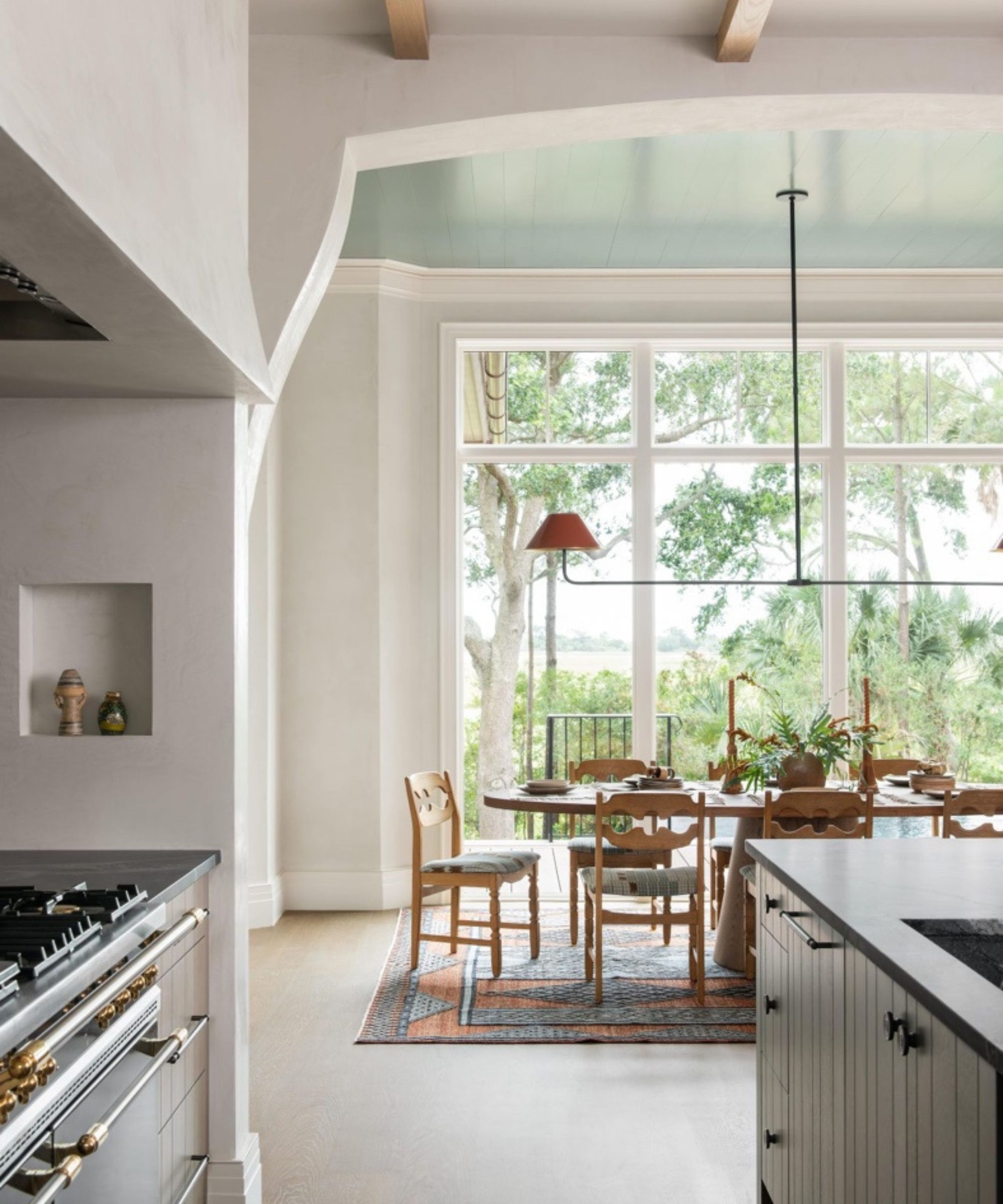
Adopting a holistic approach might cause you to think that you can’t consider the latest interior design trends. This isn’t the case, though.
‘Holistic design doesn’t follow any particular interior design style or trend,’ explains Laura Stein. ‘It can be whatever you want, as long as there is flow, function, and a sense of harmony.’
Be mindful, however, of other fundamentals of holistic design when considering interior design trends. ‘When designing holistically, it is about longevity and the overall long-term effects on the end user,’ says Bynn Esmond ‘Following the latest trends in the built environment may defeat the purpose of holistic design.’
Creating holistic interior designs
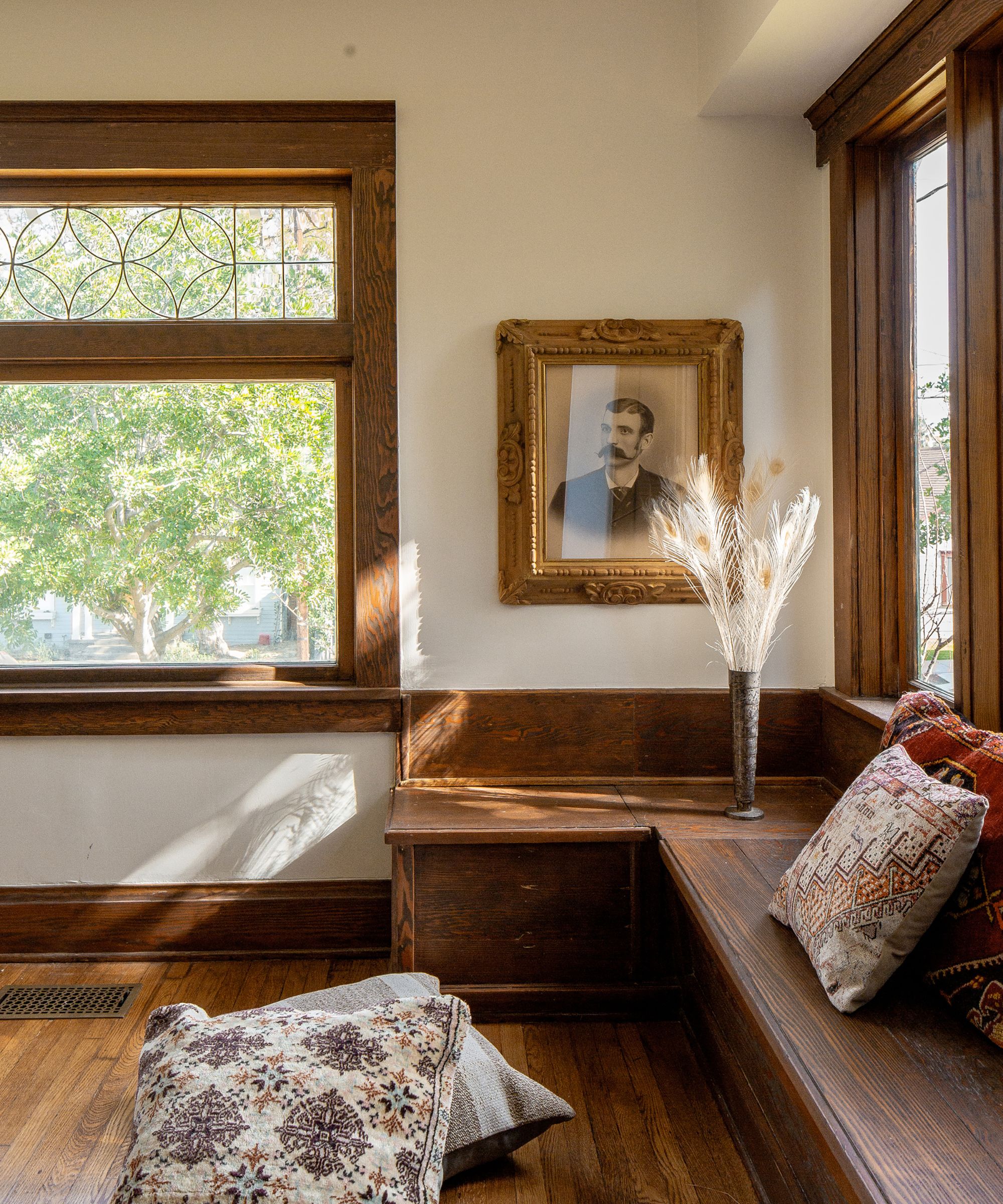
Working with an interior designer can result in a home that’s functional, aesthetically pleasing, and contributes to well-being in its fullest sense, but is professional guidance essential or are these goals you can achieve yourself?
‘Working with an interior designer will give you the best results if you are trying to create a holistic home, especially if you are building a new home or planning a major renovation,’ advises Laura Stein.
Artem Kropovinsky agrees that professionals bring their detailed knowledge to a project, but observes that individuals can bear holistic design principles in mind. ‘People can practice holistic principles themselves by trying to achieve balance and harmony in their environments,’ he says.
In considering holistic design yourself, bear in mind all of its elements. ‘Materials selection, placement locations, space layout, lighting (both natural and artificial), connection to nature, and color all affect how the end-user feels in the space,’ says Bynn Esmond. ‘It affects our senses, mood, cognitive functioning, behavior, and even mental health.’
FAQs
Does holistic design mean natural?
The word ‘holistic’ is not a synonym for ‘natural’ – although when applied to interior design a link to nature is an important consideration in a holistic approach. But holistic means a concern with wholes rather than parts, applying to fields such as medicine where mind and body are treated, as well as interior design. And in design terms? ‘It considers everything from the quality of air in the home, to the sustainability of materials, to the feeling of tranquility and well-being created by the interplay of design elements and a connection to nature,’ says interior design Laura Stein of Laura Stein Interiors.
There are many iconic interior design styles as well as more niche choices, but thinking holistically can add another dimension to your home, and make it a more nourishing environment. ‘It is a custom design that fits the lifestyle and needs of each person, so every space serves its occupants in unique ways,’ says Artem Kropovinsky.







